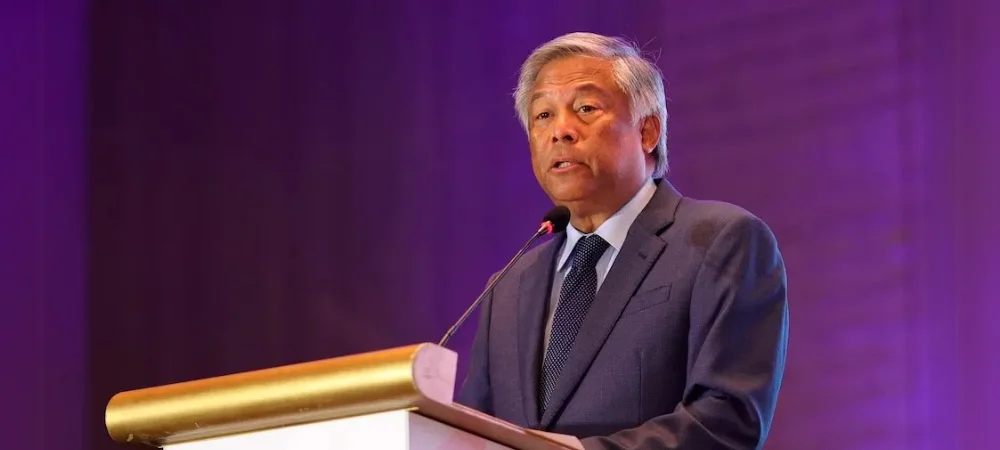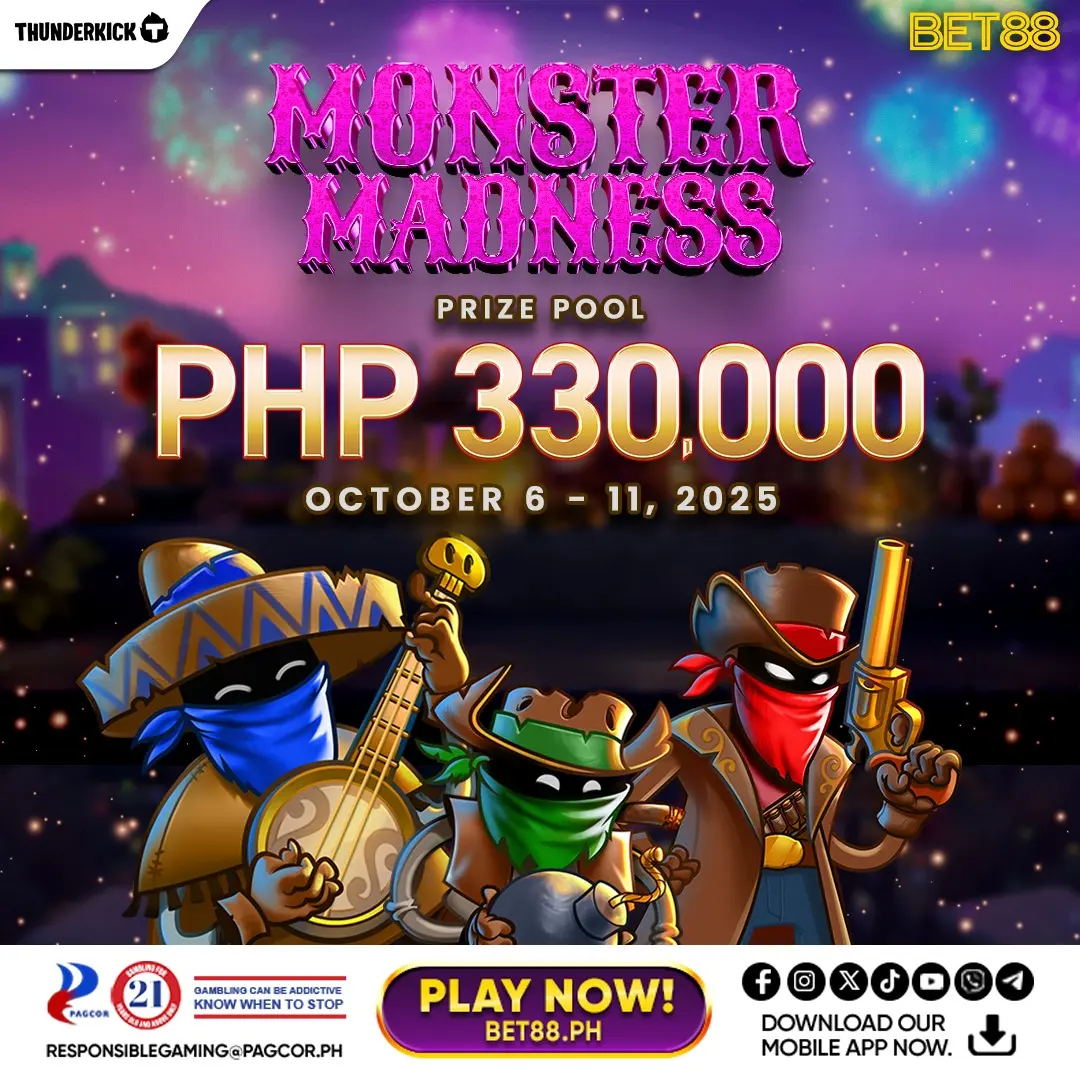Alejandro Tengco, chairman and CEO of the Philippine Amusement and Gaming Corporation (PAGCOR), strongly opposed proposed bills aiming to ban all forms of online gambling in the Philippines. He expressed this position on Tuesday during a Senate Committee on Ways and Means hearing, according to reports from local media outlets.
Tengco stressed that the country must focus on regulating the online gaming sector more effectively. He argued that stronger regulation would both boost tax revenues and help curb the surge of illegal betting activities. He warned lawmakers that pushing through with the proposed ban could cost the government up to PHP40 billion in lost tax revenues.
Later, while speaking to reporters on the sidelines of the hearing, Tengco revealed even more alarming figures. He estimated that revenue from illegal online gambling operations may already range between PHP200 billion and PHP250 billion annually.
“If we don’t regulate it, the money will end up in the pockets of those running these illegal operations,” he explained. “The government won’t benefit even one cent.”
In contrast, Tengco pushed for an approach that focuses on stricter licensing, oversight, and enforcement. He emphasized that legitimate, regulated platforms create a safer environment for players and ensure tax compliance.
Meanwhile, Senator Joel Villanueva renewed his call for an outright ban. In late June, Villanueva urged his fellow senators to pass Senate Bill 1281, which proposes to outlaw all forms of online gambling in the country. In a statement, Villanueva said PAGCOR needed to “step up its game in shutting down” these activities.
Senate Bill 1281 includes severe penalties. It calls for up to six months in jail or fines reaching PHP500,000 for anyone caught placing wagers or operating online gambling platforms.
However, PAGCOR officials countered with progress reports. They shared that since 2022, the agency had partnered with other government departments to block 5,793 out of 7,747 websites and mobile apps identified as illegal gambling platforms.
Tengco also highlighted a growing shift among former illegal operators. “In the last 45 days, three large companies involved in illegal operations have expressed their intention to register,” he stated.
This shift, he noted, reflects the impact of recent enforcement actions. At the same time, it reinforces the need for an efficient legal framework rather than a blanket ban.
Unlicensed and illegal online gambling operations significantly hinder the growth of regulated platforms. Moreover, they contribute to wider problems such as fraud, labor exploitation, and financial crime. Because of this, Tengco emphasized that the government must intensify its actions. He urged lawmakers to support better regulation instead of total prohibition.
By regulating the sector, the government can both capture lost revenue and gain control over a growing digital industry. In doing so, it can protect consumers, support economic growth, and maintain law and order in the Philippine gaming landscape.












